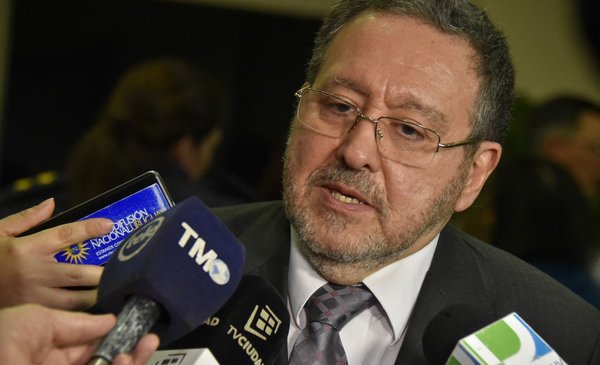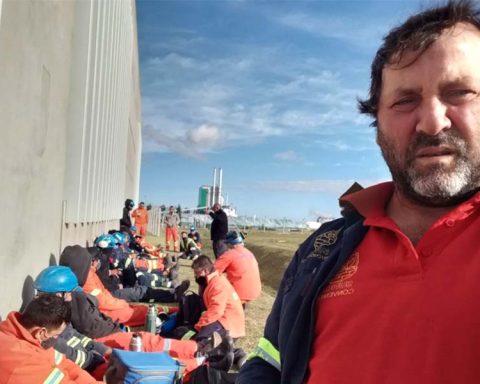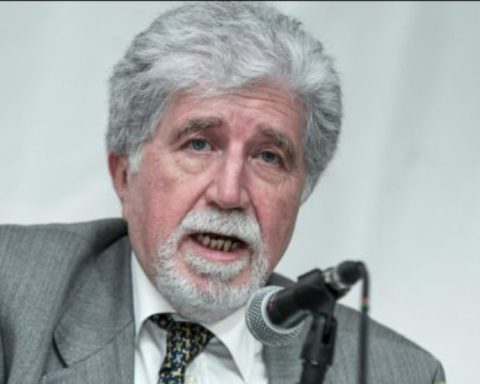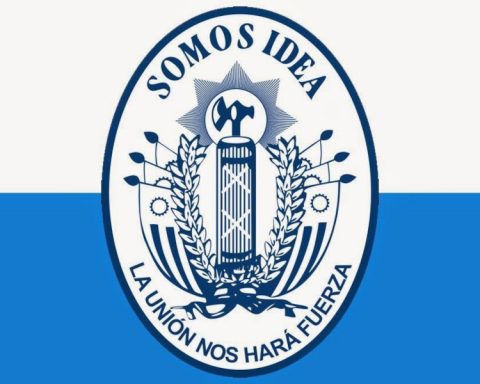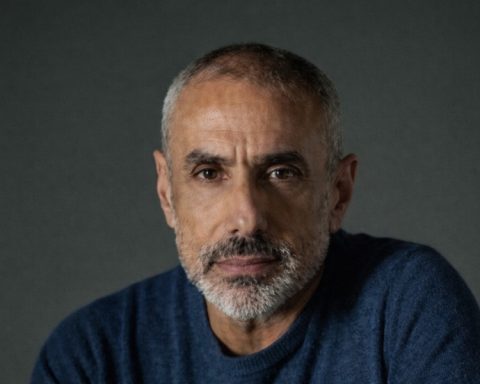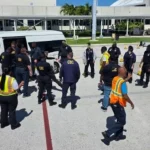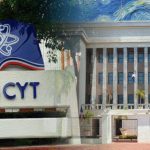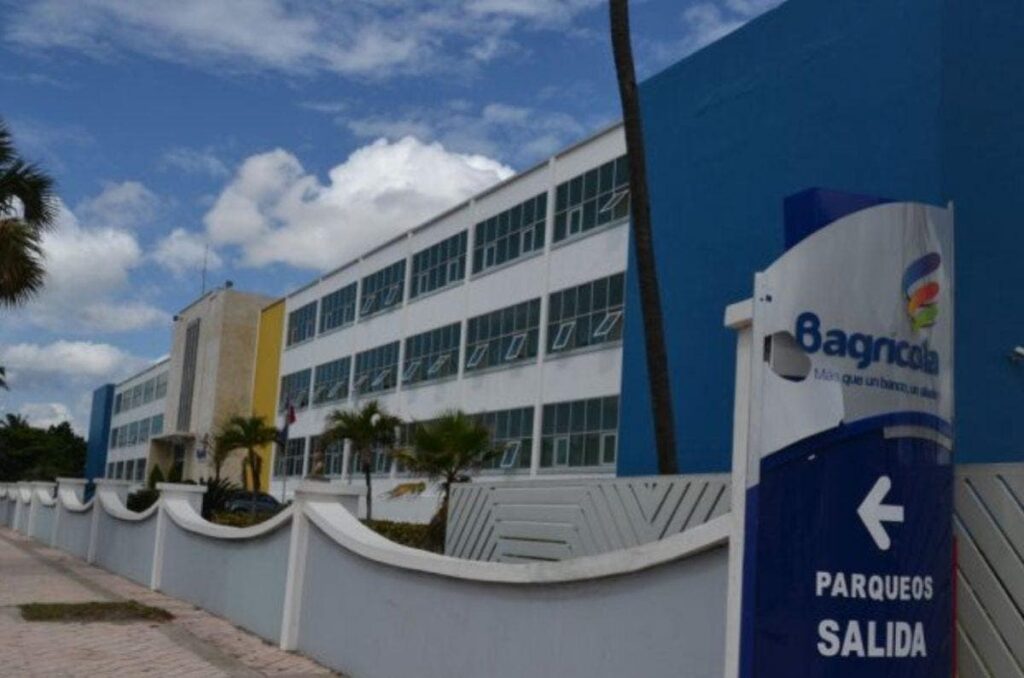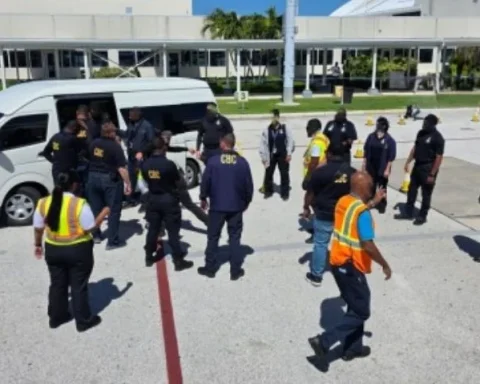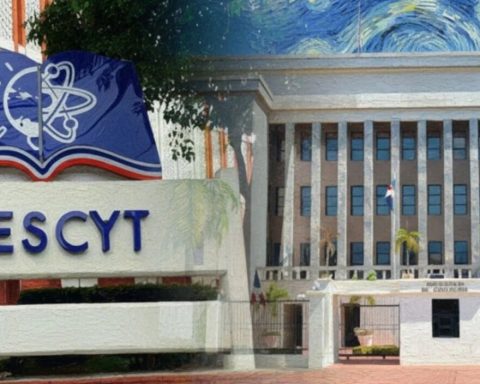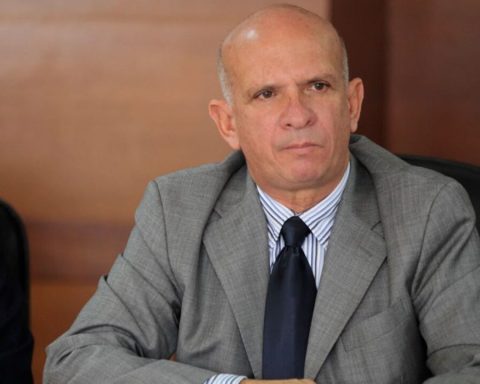Money laundering is a crime, in most cases, “white collar”. Very complex to investigate, it requires specialized personnel, many accountants, access to fast information and data processing. Since January 1 of this year, at the request of what was approved in the Accountability, his investigation was centralized in the narcotics prosecutor’s offices. It was a definition agreed between the Ministry of the Interior and the National Secretariat for the Fight against Money Laundering (Senaclaft). The argument was the low number of successful operations against money laundering.
The decision was opposed by the Attorney General’s Office, which claimed not to have been consulted about a measure and with which it disagreed for “three practical difficulties”. The project was withdrawn by Deputies, but later reincorporated in the Senate and finally approved.
The end result: severe operational problems for the Public Ministry. This is what the interim attorney general, Juan Gómez, told the head of Senaclaft, Jorge Chediak, at a meeting last week. And so Chediak himself admitted in Parliament, suggesting a new change.
In the system there are 60 files of money laundering cases. “Nothing creepy,” Chediak said, but something significant to Narcotics, that maintains 1,200 accumulated cases for drug trafficking.
Senaclaft appeared this Thursday before the Special Commission on Money Laundering of the Chamber of Deputies. There, according to the minutes of the session to which she agreed The Observer, He recounted the proposals that Gómez made to him.
In the first place, the possibility of extending the entry into force of the provisions of the Rendering of Accounts and that the cases in process continue to be studied by the prosecutor’s offices that, originally, had been investigating them. And, as a basic solution, the creation of a specialized prosecutor’s office in Money Laundering. A formula that, Chediak pointed out, is supported by Senaclaft and has the approval of the Presidency.
The prosecutor’s office would start “from scratch” and would receive the new cases that arrive, with a prosecutor and two deputies who concentrate jurisdiction at the national level and who dedicate themselves exclusively to the subject. His goal will be, he said, to improve the numbers. “That the number of successful prosecutions and convictions increase in one year, basically to keep us all calm and not have possible Gafilat observations,” he said.
Chediak refers to the Latin American Financial Action Task Force and the possibility that Uruguay will receive a wake-up call for its low numbers. The head of Senaclaft announced that the government would be sending a bill to Parliament in the coming days for the creation of the new prosecutor’s office.
AND, “sharpening the pencil a bit”, Chediak asked in Parliament increased investigative powers for Senaclaft. It would be to avoid a “bottleneck” for the prosecution.
He explained that the intention is that the secretariat can independently summon witnesses and resort to the Police to start putting together a technical investigation without having to permanently resort to the prosecutor. It would be, he said, to be able to present a preliminary investigation, “turnkey” and tell the Public Ministry: “We did everything we could on the money laundering part. Here it is, work with this.”
Real estate and notaries
The Anti-Money Laundering Secretariat is carrying out a comparative study of the situation of Uruguay in the region. It is in charge of Senaclaft advisor, Gustavo Misa, who informed the legislators of a new fall for the second consecutive year in the number of Suspicious Transaction Reports (STRs) in the national non-financial sector.
The strongest fall, according to Misa, was in the real estate sector, which began to be audited last year. He is also working on scribes and auctioneers.
Through work with the Real Estate Registry, a list of between 150 and 200 operations was drawn up that a priori could represent a risk. “We have found that there is a decrease in what is knowledge of the application of the rule, which will lead to some administrative sanction,” said the advisor. “We were not able, at least in the first instance of 60 or 70 inspections, to find unreported operations.”
“We saw a marked decline in regulatory compliance,” Misa warned. “Not as important obligations, but in the sum of breaches.” The idea of Senaclaft is to carry out a “permanent monitoring” in the real estate sector. 30% of the inspections will go there.
Beyond the number of STRs, Misa warned about another problem: derived criminal investigations do not exceed 1%. “It’s very difficult to put the issue on the table if we don’t get criminal investigations,” she said. “If we tell a non-financial reporting entity that this is a country problem that they should take into account, they can reply: ‘Well, I don’t see any money laundering investigations,'” she concluded.
